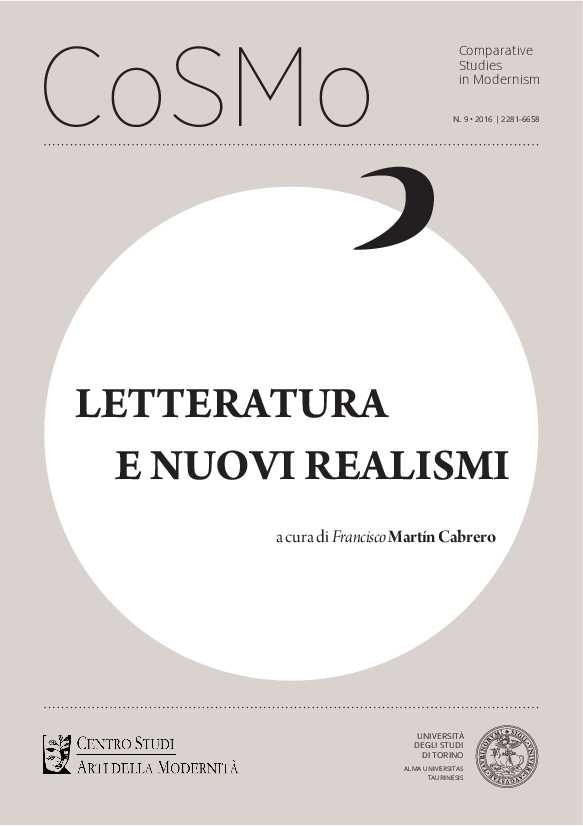“We All Complete”: Kazuo Ishiguro and the Posthuman Imagination
DOI:
https://doi.org/10.13135/2281-6658/1802Parole chiave:
biotechnology, clones, posthuman, literature, dystopiaAbstract
The hypothesis of cloning human life has always been an imaginative kaleidoscope of ‘posthuman’ possibilities. The development of bioengineering is now making this hypothesis even more palpable, raising more questions. Could man generate life? If so, what ends might justify it? Are extending life expectancy and eradicating diseases targets that make everything permissible? How far is medical research changing man’s life? Is it still possible to discern what is ‘natural’ and what is ‘artificial’? What are the differences between human beings and human clones? What would it feel like to be a clone? Never Let Me Go (2005) is a novel by Kazuo Ishiguro that challenges these questions, imagining a society where clones are used as organ donors to cure people of diseases such as tumours and leukaemia. This article analyses Ishiguro’s novel in the tradition of dystopian fiction, and focuses on his ‘posthuman’ reworking of classical myths, such as that of Orpheus and Eurydice, to describe the metamorphoses of a biotechnological age.
Downloads
##submission.downloads##
Pubblicato
Fascicolo
Sezione
Licenza
Gli autori mantengono i diritti sulla loro opera e cedono alla rivista il diritto di prima pubblicazione dell'opera, contemporaneamente licenziata sotto una Licenza Creative Commons - Attribuzione che permette ad altri di condividere l'opera indicando la paternità intellettuale e la prima pubblicazione su questa rivista.





